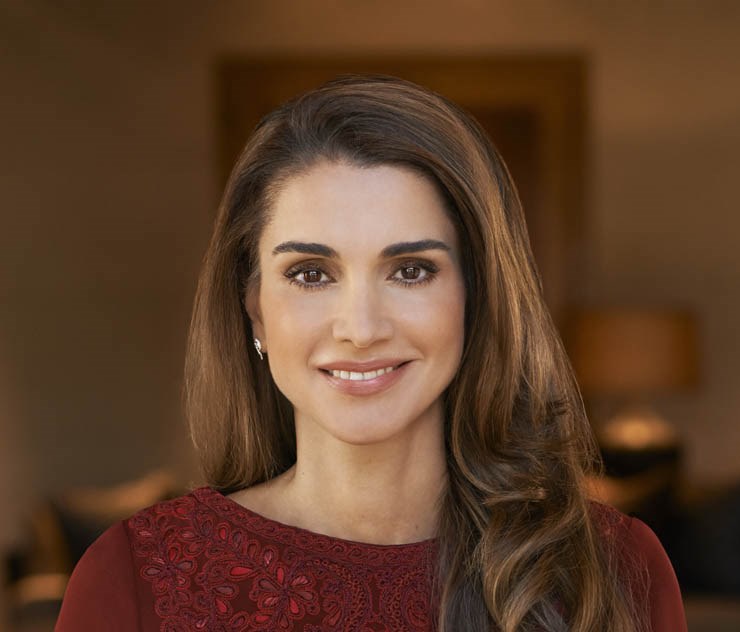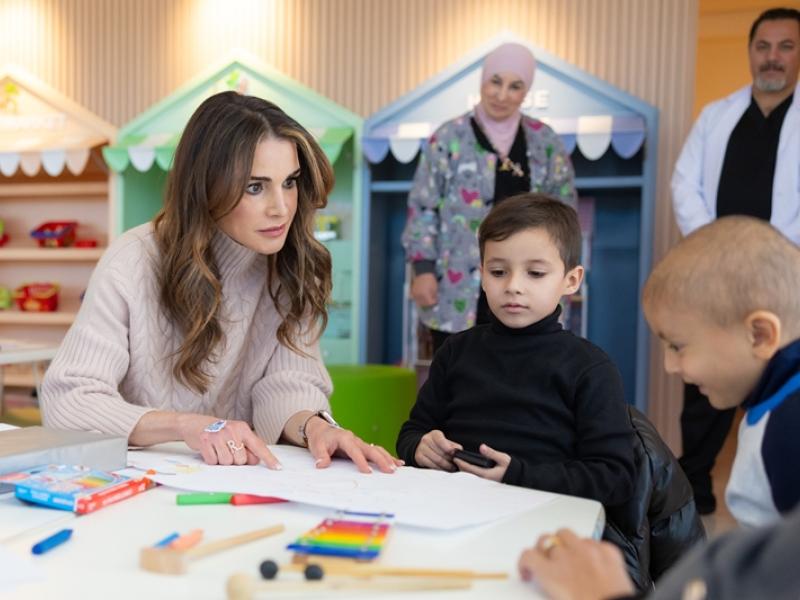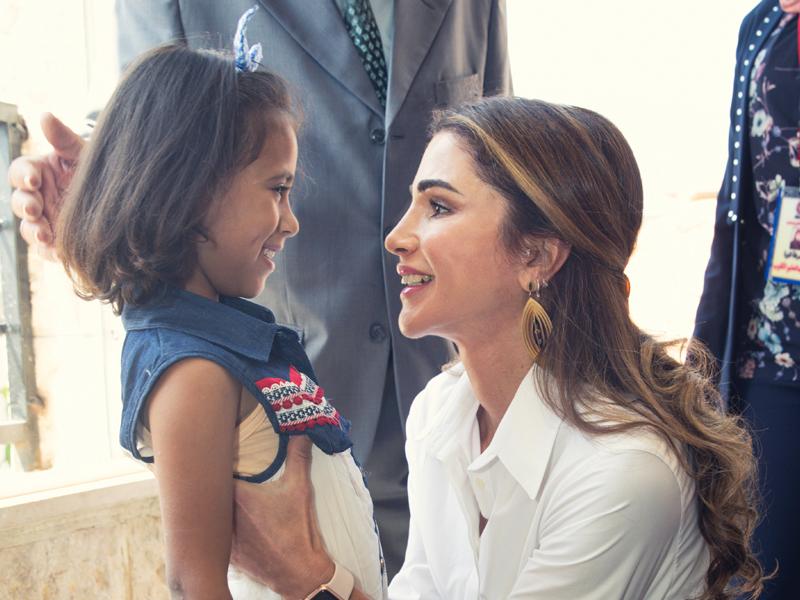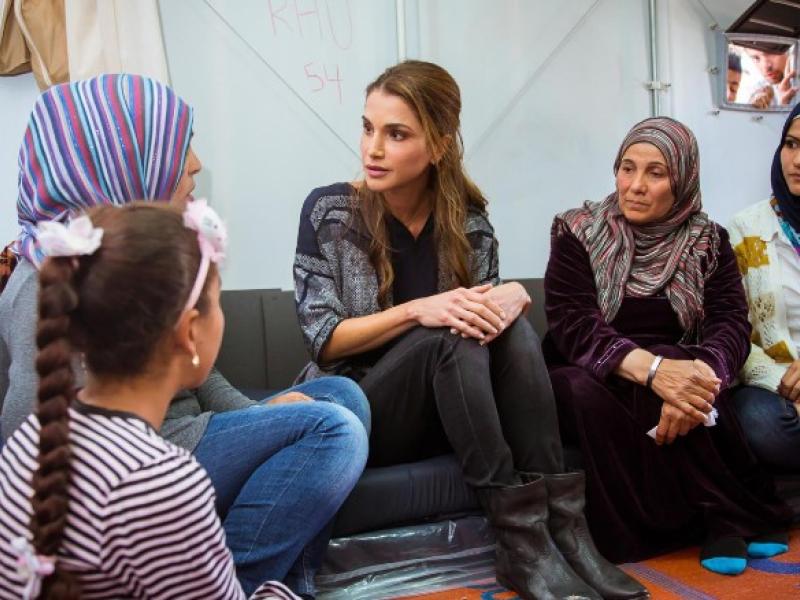When we think of war, we think of soldiers. But they’re not the only ones facing violence and death. Tragically, children and schools are too often on the front lines as well. No wonder, then, that half of all out-of-school children live in fragile or conflict-affected states.
Conflict is as insidious as it is deadly. Not only does it destroy livelihoods today, it destroys livelihoods tomorrow by denying children an education. Once children are back in school, devastating childhood traumas impact their ability to learn and cope with the world. The effects can ripple on for generations.
The waves of devastation bring development to a grinding halt and often throw it into reverse. With conflict children out of school, the other EFA and MDG targets become almost impossible to reach, while radicalism and violence exceed all expectations. That’s why we must focus our efforts on giving these children an education. Not only does it prevent conflict before it occurs, it also rebuilds countries after it ends. Rebuilding: infrastructure, governance, but more importantly, minds. In the wake of new-found peace, re-education is critical for combatants, child and adult alike, who have no skills or prospects beyond the barrel of a gun.
This is especially true in the Middle East where violence defines the lives of too many children. In Palestine, about 110,000 primary age children are out of school, up from 4,000 ten years ago. Growing up in the shadow of occupation, scarred by conflict, going to school remains the single most cherished priority of Palestinian children. Despite bombs and blockades, they know it’s their only hope for a normal life.
In Iraq, poverty and insecurity deny over half a million children the right to go to primary school; their daily lessons are in hunger and loss; graduating to fear and hate. If regional and global insecurity are international priorities, we must address the poverty, social exclusion, and lack of opportunity brought about by conflict.
That means bringing education to conflict zones because it undermines extremists and strengthens fragile states. But, more than that, it brings hope to millions of children who have never known peace. It brings opportunity to countries that are desperate for growth and prosperity.
In short, education is our saving grace, our best chance, and our one shot to bring security and development to all humanity.



